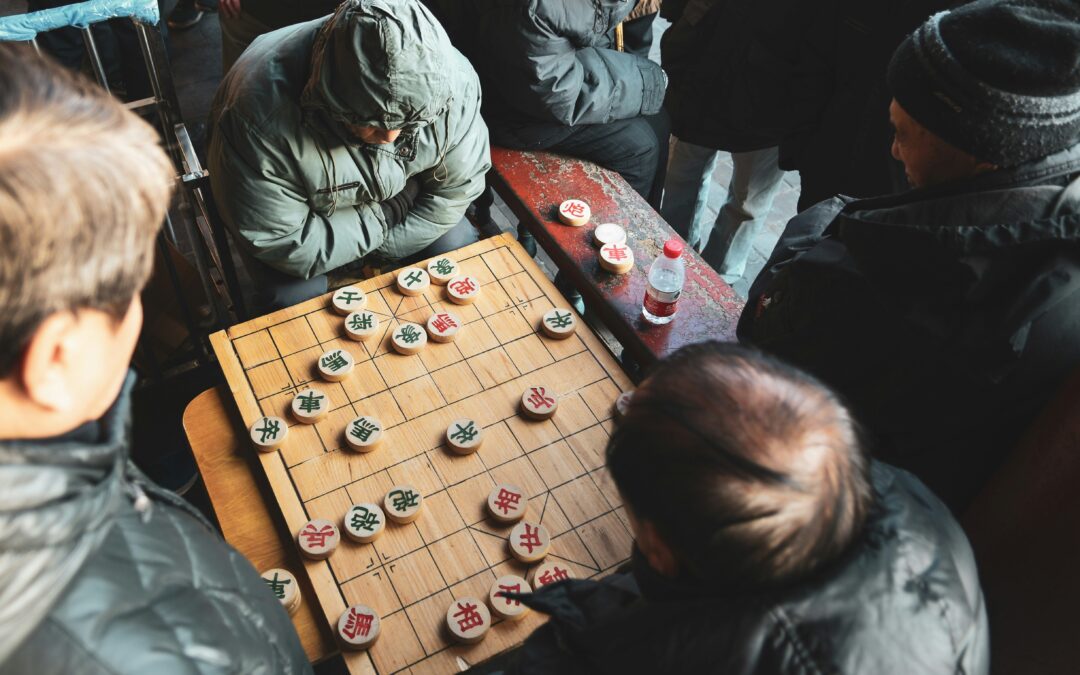Board games are fun to play. But did you know they can be therapeutic as well? A way to relax with friends over the weekend as you catch up or engage with family after a busy day at work?
It’s no wonder mental health institutions are among the biggest users of board games. You’ll find them in the recovery rooms, where patients are placed in groups and made to play as they socially interact with each other.
Schools too aren’t left behind on this. Teachers love using board games to establish therapeutic relationships with the kids they teach to assess their strengths, improve their cognitive abilities, and overall help them grow.
So yes, other than being fun, board games can be therapeutic. You just have to know how to use them correctly.

The Therapeutic Potential of Board Games
So, how exactly are board games therapeutic? Let’s find out:
Safe Handling of Conflicts and Emotional Overwhelm
Board games, especially when played by children and adolescents, create an environment where players learn how to handle their emotions. Children learn that things don’t always have to go their way, and that that’s no reason to hold anything against anyone.
A Sense of Accomplishment
With every board game out there, the more you play it, the more you become better at it. You learn from every loss, get motivated by the wins, and before you know it, you’ve mastered the game.
It inspires a sense of confidence that goes a long way to boost your confidence level in not just games, but every facet of life.
Self Regulations
You play to either win or lose. There will be tension, frustration, laced with desperation bouts as you figure out your next move, but despite all this, you still have to hold yourself together and stay calm.
Family Bonding
You can start by setting a regular time where the entire family comes together to spend some quality time doing nothing but playing. You can even hold tournaments with other families, or split between genders and outcompete each other.
In other words, there’s no limit to how far you can go with your creativity on this.
Cognitive Abilities
The same way you grow your muscles in the gym it’s the same way you improve your cognitive ability through playing board games. While some people are naturally born with decision making skills and high IQs, this is something that can still be nurtured.
You exercise your mind with every game you play, consequently improving your logical thinking, and, most importantly, your concentration and focus.
Feel Good
Hormones act up sometimes. What you term as depression could sometimes be a case of hormonal imbalance that can easily be ironed out by a few sessions of playing board games. When you play with your family or friends, your bond increases.
Your body also releases endorphins (feel good hormones) that go to reduce everyone’s stress.
Choosing the Right Games
Now that you know how board games can be therapeutic, let’s identify a few board games that have been specifically created for this:
Catchphrase

With this game, players have to guess a phrase or word to win a round. The game isn’t as rigid as it sounds.
Whenever someone fails to guess a word, they can guess the syllables instead, and the game will try to point them in the right direction until they have the right word. In other words, the game has been built to encourage flexibility in how we think. Game Link
Catan

The game is set in a fictional land called Catan, where the players get to act as settlers.
You can use your logical thinking, decision making to build settlements, cities, and roads that connect different roads around the island.
You need resources (depicted by resource cards) such as lumber, bricks, grain, wools, etc to make all this work, and that’s where your game prowess come in handy. Game Link
Pandemic

As you could have guessed from the name, Pandemic is based on the premise that the world is being threatened by four viral diseases. So as players, your only way out of this pandemic is to work together as a team in saving the world from the outbreak.
You have to work together as a team to find a cure, and go around the city treating those infected. Game Link
| Feature | Catchphrase | Catan | Pandemic |
| Game Type | Word guessing | Resource Management, Strategy | Cooperative Strategy |
| Number of Players | 2+ Team | 3 to 4 (Base Game) | 2 to 4 |
| Main Objective | Guess Words or Phrases | Build Cities and Settlements | Find Cures for Diseases |
| Therapeutic Aspect | Encourages Flexible Thinking | Develops Logical Thinking | Promotes Teamwork |
| Gameplay Mechanics | Timed Rounds
Phrase Guessing |
Resource Collection, Trading, Building Settlements | Disease Treatment |
| Skill Developed | Verbal Communication
Quick Thinking |
Strategic Planning | Collaborative |
| Setting | Word-based | Fictional Land of Catan | Global |
| Competitive/Cooperative | Competitive (Theme-based) | Competitive | Fully Cooperative |
| Replayability | High | High | High |
| Complexibility | Low to Medium | Medium | Medium to High |
Creating a Therapeutic Environment
While board games are inherently therapeutic, you might want to prepare for them by first creating a therapeutic environment for yourself. First, you have to understand that board games also double as self care tools. They’ll improve your cognitive skills, enhance your social interactions, and help you practice mindfulness.
So, how do you create a therapeutic environment for board games:
- Tailor Games to Specific Therapeutic Goals
- Choose a Game you Enjoy
- Incorporate Mindfulness
Conclusion
There it goes, a comprehensive guide on how to make board games therapeutic and ultimately boost your mental health, brainpower, and social skills.

